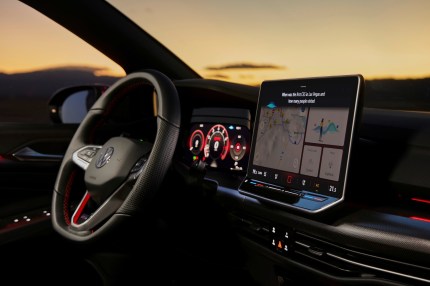In a world where technology is evolving at breakneck speed, companies are increasingly stepping beyond traditional boundaries. Toyota, known primarily for its innovations in automobile manufacturing, is at the forefront of a new movement—enhancing human mobility through robotics. With the completion of its first in-home trial of the Human Support Robot (HSR) in North America, Toyota is paving the way for assistive technology that aims to transform the lives of individuals with limited mobility.
A Step Towards Greater Accessibility
The HSR is not just a robot; it’s a promise of enhanced independence for those facing mobility challenges. This wheeled robotic assistant comes equipped with advanced visual sensors and a flexible arm, enabling it to assist in various daily tasks. The recent trial involved U.S. war veteran Romy Camargo, who, after suffering catastrophic injuries during his service in Afghanistan, found himself paralyzed below the neck. For Camargo and others in similar situations, HSR’s ability to perform simple yet vital tasks—such as opening doors or fetching refreshments—can significantly improve quality of life.
The Broader Vision: Mobility for All
But the HSR is just one piece of a larger puzzle. Toyota is actively developing a range of technologies that cater to individuals with different types of mobility impairments. This includes:
- Wearable Robotic Leg Brace: Designed to restore walking capabilities for individuals with lower body paralysis.
- Enhanced Awareness Tech: Aimed at assisting those with visual impairments by improving their perception of surroundings.
- Patient Transfer Robots: Enabling caretakers to effortlessly transfer patients from beds to chairs, thus alleviating some of the physical strain on caregivers.
- Car Seat Entry Assist Devices: Helping individuals with limited mobility enter and exit vehicle seats easily.
By addressing various facets of mobility challenges, Toyota showcases its commitment to making technology accessible and life-enhancing for a broader demographic, including the elderly and those recovering from injuries.
A Collaborative Future for Robotics and AI
Toyota isn’t alone in this endeavor. Other automotive giants, such as Hyundai and Honda, are also investing in mobility assistance and robotics, indicating a burgeoning sector aimed at enhancing everyday life. But what sets Toyota apart is its dedication to research through its Toyota Research Institute, which focuses heavily on AI and robotics aimed at facilitating mobility solutions. Such exploration could well lead to the commercialization of domestic robotics—a future where robots are as commonplace in homes as microwaves or washing machines.
Conclusion: Embracing a Technological Revolution for Better Living
As we move forward, the significance of trials like Toyota’s HSR cannot be understated. They offer a glimpse into a future in which technology works harmoniously with humans to enrich lives, restore independence, and create an inclusive society. The ongoing trials are crucial not only for technological advancements but also for gauging the social impact of such innovations. At fxis.ai, we believe that such advancements are crucial for the future of AI, as they enable more comprehensive and effective solutions. Our team is continually exploring new methodologies to push the envelope in artificial intelligence, ensuring that our clients benefit from the latest technological innovations.
For more insights, updates, or to collaborate on AI development projects, stay connected with fxis.ai.

